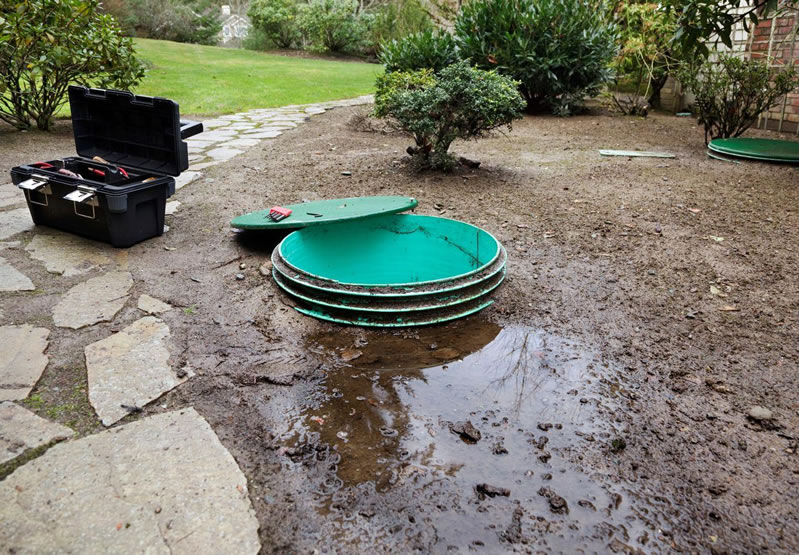
05
You might notice slow draining sinks or bathtub drains occurring in your house recently. Ever wonder why this is happening? These are likely to be signs of a septic tank backup. Septic tanks require skill and knowledge of how the septic system works. This is why most of the time a professional should deal with problems concerning the septic tank. If you need help with your septic tank backup or septic tank repair, call Charlotte Septic Pros, a septic tank company you can rely on.
Contact Us
If you’re looking for a good septic tank company that you can trust your septic system with, Charlotte Septic Pros is a good option for you. Call or schedule an appointment with us whenever you have trouble with your septic tank.
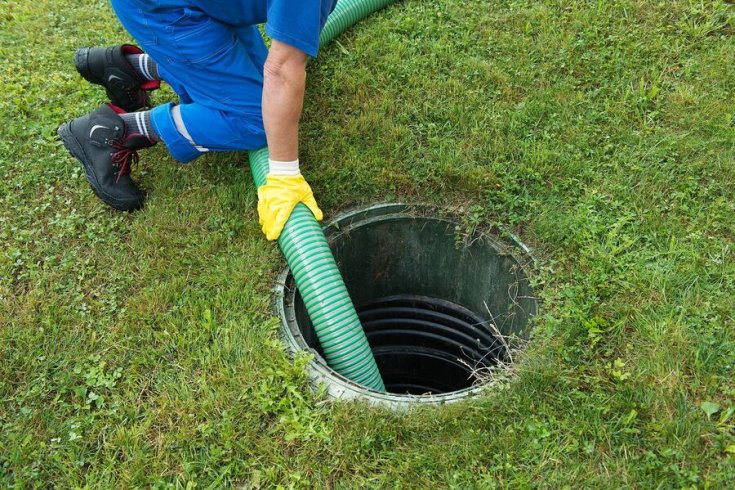
18
Reliable and Affordable Septic Services A properly functioning septic system is essential for any home or business that relies on…
Read more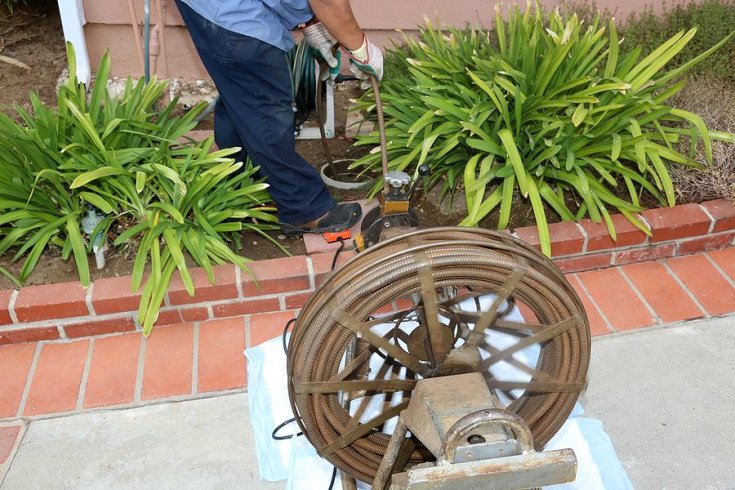
09
Signs and Solutions for a Failing Drain Field Your septic system plays a critical role in managing household wastewater, and…
Read more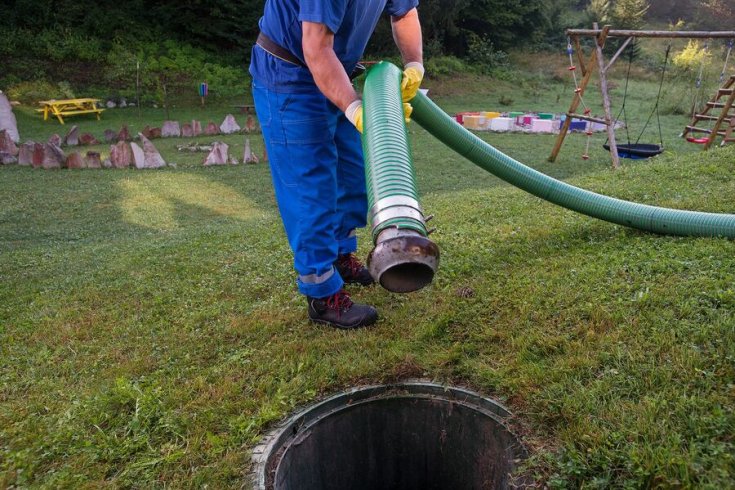
03
A Newbie’s Guide to Septic Pumping If you’re new to homeownership and have a septic system, you might be wondering…
Read more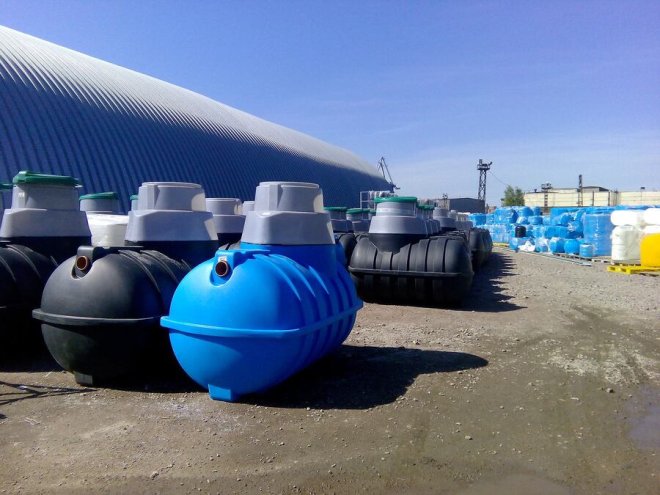
28
How to Prepare for Septic System Installation Installing a septic system is a major investment for any property that lacks…
Read more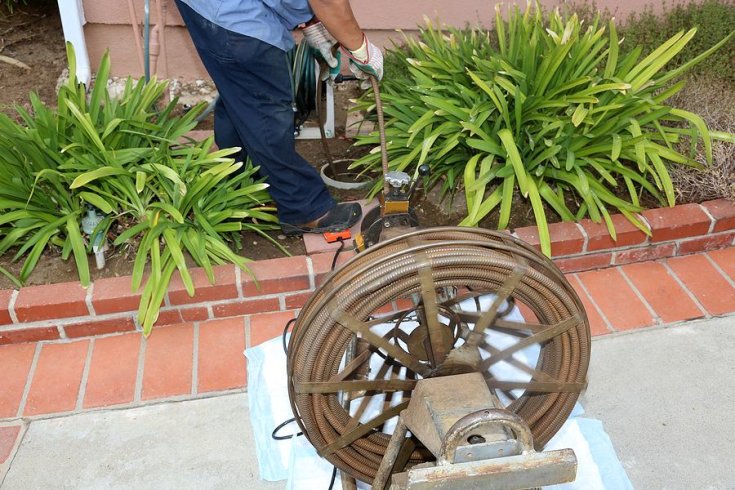
20
How Main Drain Cleaning Can Prevent Sewer Backups Sewer backups are one of the most unpleasant plumbing emergencies homeowners can…
Read more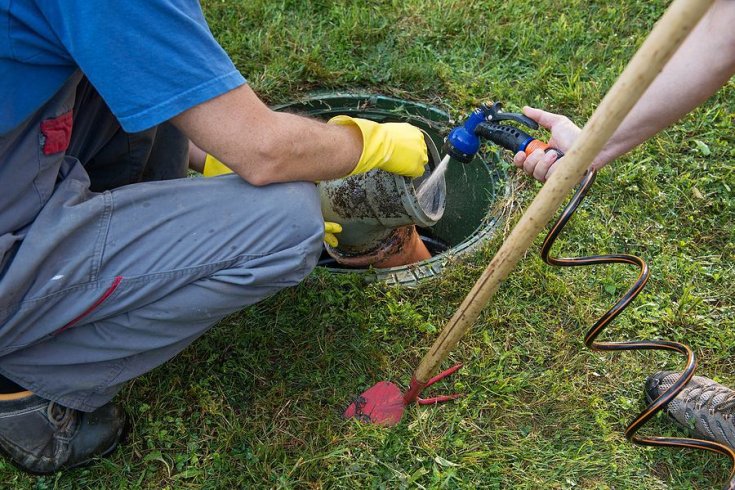
13
What to Do When You Have Drainage Problems Drainage problems can be frustrating and cause serious damage if left untreated.…
Read more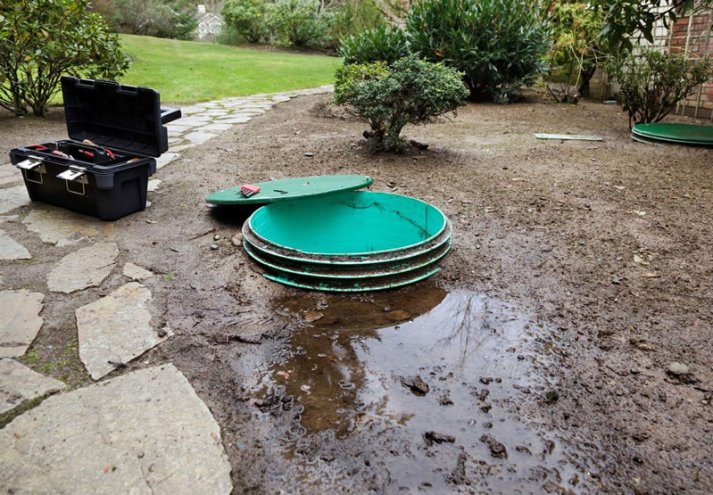
04
Signs and Causes of Septic Leaks A leaking septic system can pose serious health and environmental risks. If left untreated,…
Read more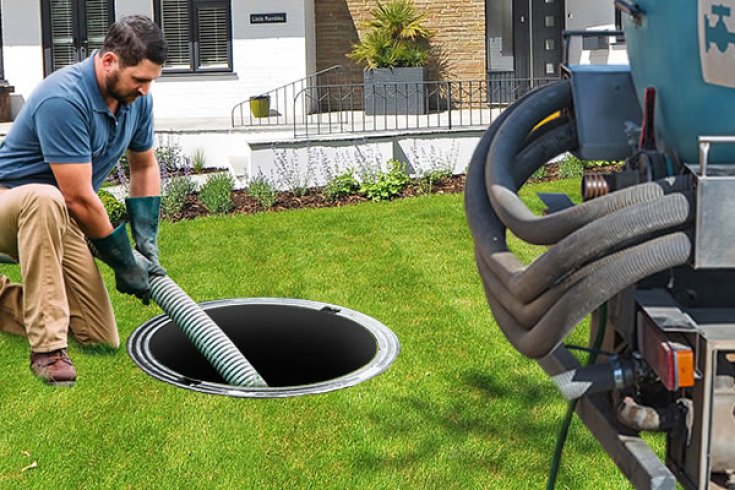
02
Unusual Septic Tank Blockages: Keeping Your Septic System Healthy A properly functioning septic system is crucial for any home or…
Read more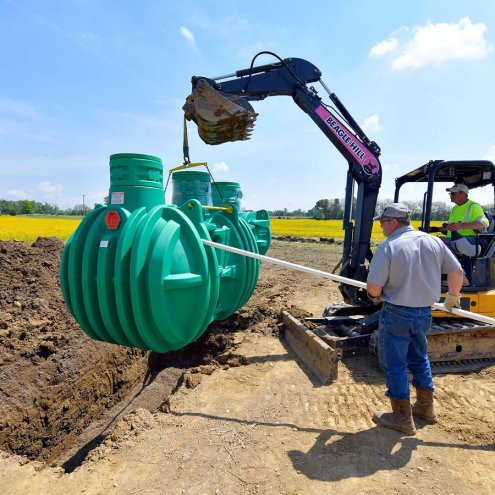
23
Seasonal Weather and Septic Systems Tank Your septic system plays a vital role in managing household wastewater, but seasonal weather…
Read more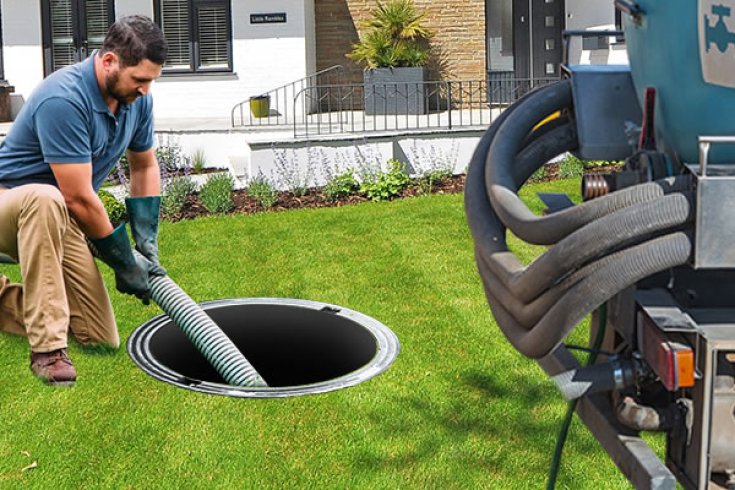
15
Why Toilet Paper Matters to Your Septic Tank Many homeowners don’t give much thought to their toilet paper—until it starts…
Read more